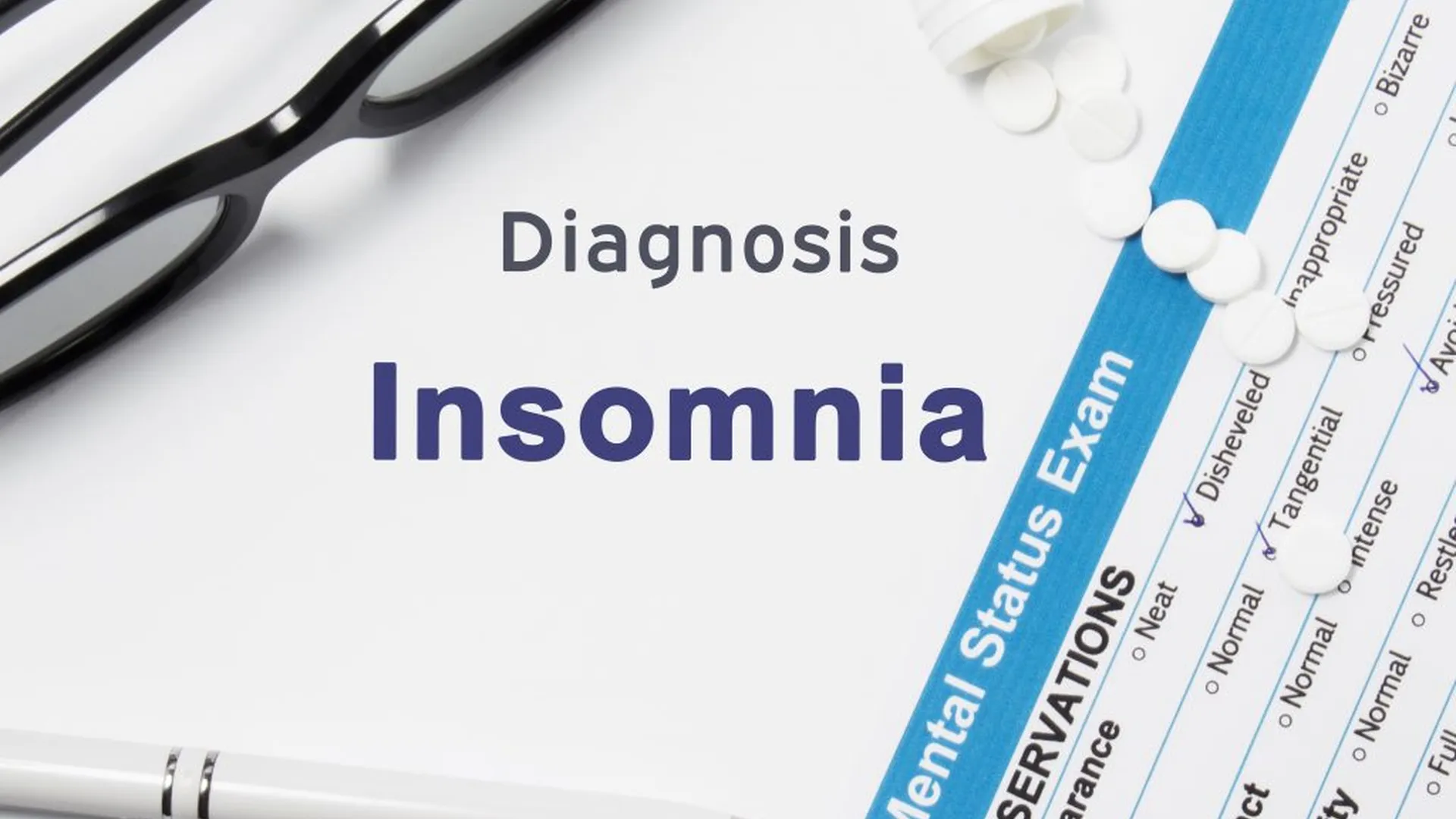“Pathological testing? Is it really necessary if I experience insomnia?”
This is a question that I often get asked by my patients who are having trouble falling asleep and/or experiencing ongoing, intermittent awakenings. However pathological testing, in particular gut pathological testing, can be one of the BEST WAYS to really drill down, and get to the root cause of why someone may be struggling to sleep well.
This is because our gut can affect our sleep, and vice versa.
Of course we know shift work itself plays a huge role in someone’s ability to acquire optimal sleep.
Let’s face it, there are many rosters out there that aren’t exactly “user-friendly” when it comes to getting good quality sleep!
However, shift work is just one piece of what can be a very complex puzzle in those experiencing insomnia.
One of the topics rarely discussed in most therapeutic sleep consultations is how the gut, or our gastrointestinal tract may be influencing our ability to sleep. This is because many of our neurotransmitters such as GABA (which is a calming amino acid that is crucial for restorative deep sleep) and serotonin (which is the pre-cursor to melatonin, our ‘sleepy hormone’), are located in our gut, and form an integral role in the biochemical pathway to sleep.
Quite simply, the health of our gut plays a HUGE role when it comes to our ability to sleep, and sleep well.
This is because …
- If there is an undiagnosed parasite infection (for example), it can lead to serious imbalances in the nervous system due to the depletion of GABA and serotonin levels, thereby potentially contributing to insomnia.
- If there is an overgrowth of bad bacteria, candida, yeast growth and/or parasite infections it can lead to inflammation in the gut, which in turn can contribute to nutritional deficiencies and poor sleep.
- When we have a good balance of beneficial bacteria in our gut, they are able to produce and regulate hormones and neurotransmitters that can keep you feeling calm and relaxed, which are absolutely necessary in order for restful sleep to occur.
- When our gut contains a healthy balance of gut microbes they are also able to lower levels of cortisol, which is a stress hormone that can keep us awake by making us feel anxious. Hello tossing and turning, and next-to-no sleep!
So depending on patient signs and symptoms, pathological testing such as a Complete Digestive Stool Analysis or CDSA, together with a Faecal PCR test (which tests for parasites) can be an excellent diagnostic tool (and investment) in patients with unresolved sleep issues.
After a comprehensive analysis of these tests is complete, a personalised treatment plan can then be put together which will help in the restoration of a healthy gut, which in turn, will lead to better quality sleep which is a wonderful thing for anyone working 24/7!
Audra x
References:
Gottesmann, C 2002, ‘GABA mechanisms and sleep’, Neuroscience, vol. 111, no. 2, pp. 231-239.
Yano, J., Yu, K., Donaldson, G., Shastri, G., Ann, P., Ma, L., Nagler, C, Ismagilov, R, Mazmanian, S & Hsiao, E 2015, ‘Indigenous Bacteria from the Gut Microbiota Regulate Host Serotonin Biosynthesis’, Cell, vol. 163, no. 1, p. 264-276.



0 Comments